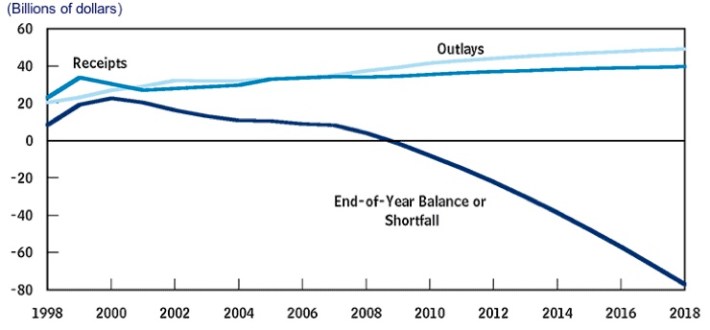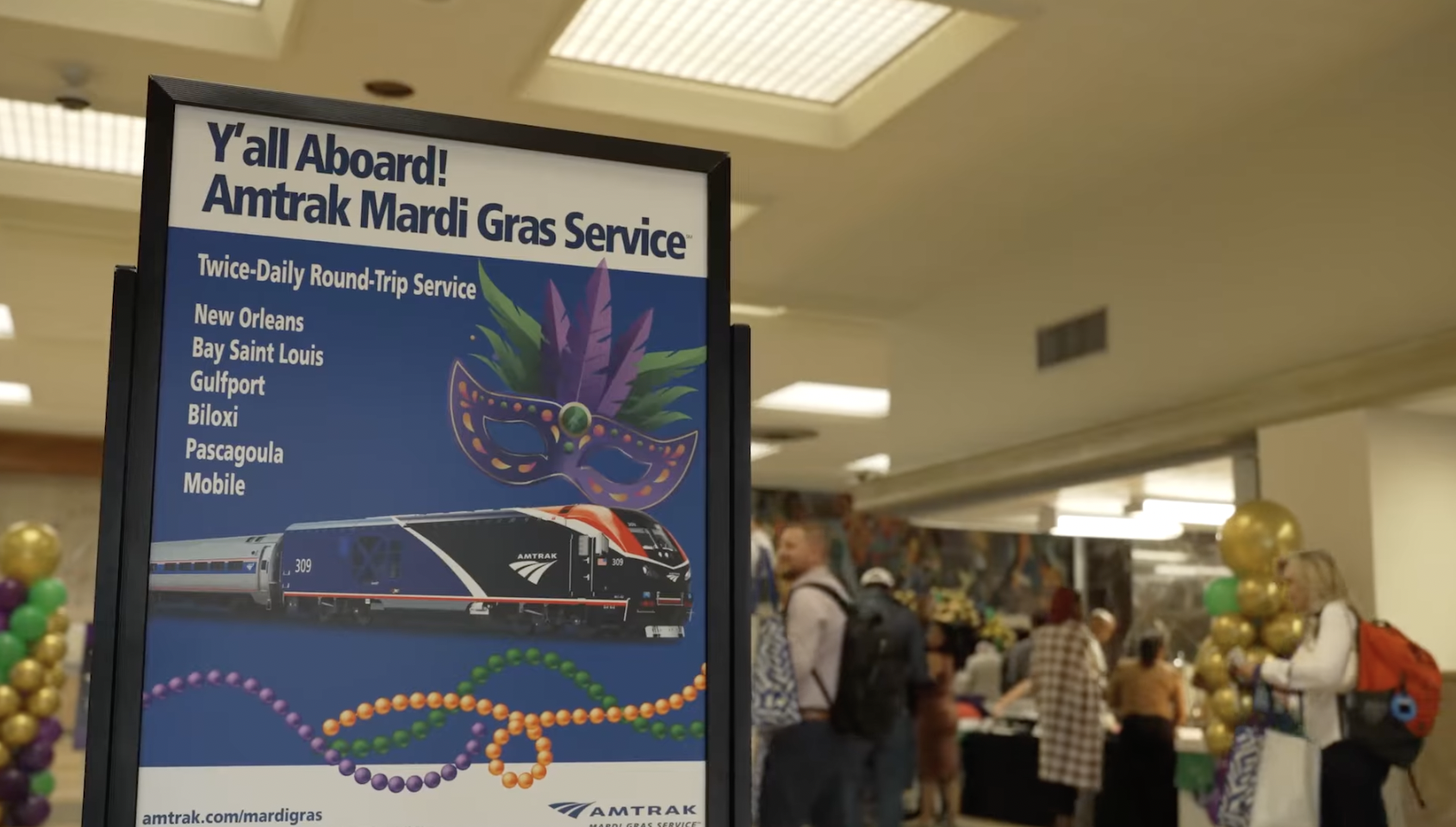
The Environment and Public Works Committee is getting ready to introduce their transportation reauthorization bill, according to reports by the Journal of Commerce. The committee has, shrewdly, worked closely with Finance Committee Chair (and EPW leader) Sen. Max Baucus (D-MT) on a way to pay for the bill, in order to avoid a situation like the one the administration found itself in: introducing an ambitious bill with no chance of passage.
The big news on the EPW plans:
- It’s a two-year bill, as Baucus has suggested. Over the last few months, more and more key players have moved toward a two-year bill as a way to avoid locking in deep funding cuts. One notable exception: Rep. John Mica, whose House Transportation Committee bill is likely to still be a six-year bill.
- It costs $12 billion more than the Highway Trust Fund will bring in, meaning the Finance Committee will need to find a way to pay for that overage. (According to the CBO, the trust fund is projected to bring in $85.5 billion in 2012 and 2013, so that would mean a $97 billion bill.)
- The bill has the support of the committee’s Big Four: Committee Chair Barbara Boxer (D-CA) and Ranking Member James Inhofe (R-OK), as well as Max Baucus (D-MT) and David Vitter (R-LA), chair and ranking member of the highway subcommittee. We’ll be looking to see what compromises were necessary in order to forge consensus among such disparate ideologies. One significant point of contention among them is whether bicycle and pedestrian programs deserve a place in the federal program.
According to Larry Ehl at Transportation Issues Daily, Boxer plans to introduce the bill after the July 4 recess and hold hearings in mid-July. Although Rep. Mica has also said he’ll introduce his bill the week after the July 4 recess, the House and Senate are taking different weeks off for July 4. Congress is keeping a truly bizarre recess schedule this year, in which the two chambers hardly ever take off at the same time. The House will take July 4 recess the week before July 4, where the Senate will be out the week beginning July 4.
Also, Mica announced the date for the bill release at the same time he said the rail privatization bill would be marked up in committee last Wednesday, and that schedule was pushed back. No word on whether the full bill will still be introduced on time.
In any case, we can expect to see movement very soon from both houses, and we’ll be able to compare the two bills. In the meantime, we can only guess that there will be a lot of work to do in reconciling the two versions in terms of cost, duration, and, most likely, the scope of what gets included and what gets left out.





